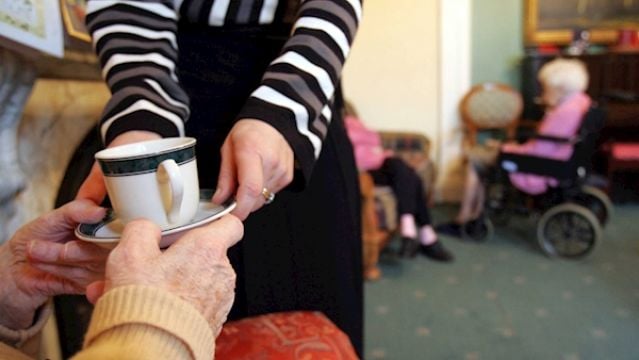According to the Irish Times a draft of the committee’s final report stated:
"The State … became overly focused on preparing acute hospitals for the oncoming pandemic in February and March and failed to recognise the level of risk posed to those in nursing homes.”
The report says that the inquiry should examine the “large-scale discharge of patients from acute hospitals”, as well as “decision-making around those discharges” by hospitals, the HSE, the Department of Health, the Government and the National Health Public Emergency Team.
A recommendation made in March by the emergency team that visitor bans to nursing homes were “premature” should be examined.
It also makes wide-ranging recommendations about testing and tracing, the conditions of lower-paid workers in nursing homes and meat plants and the powers of regulatory bodies.
The turnaround time for testing and tracing should not be more than 24 hours, the report finds, adding that “the HSE has a lot of work to do to get it right, particularly regarding contact tracing”.
“The turnaround times are simply too slow and the testing of close contacts of positive cases is not robust,” it finds. Currently, median end-to-end turnaround times for community samples range between two and 3½ days to be completed, the committee heard last week.
Institutional care
The report also outlines a range of “systemic weaknesses” in how public services are provided that it says have been highlighted by Covid-19, and calls on the relevant Oireachtas joint committees to examine them.
These include an over-reliance on institutional care for vulnerable people, and “the ongoing decisions being made by the HSE to place residents in nursing homes that have compliance issues, especially with infection control”.
There has been a failure to invest in acute and step-down hospital bed capacity, which led to the State having to transfer more than 10,000 people into long-term residential settings to prepare the acute hospital system for the arrival of Covid-19 patients, the report finds.
It also says there is a “lack of coherent policy on the care of older people”, with tax incentives creating a situation whereby ownership of institutions has “flipped” from the public to the private sector in the past 30 years.







